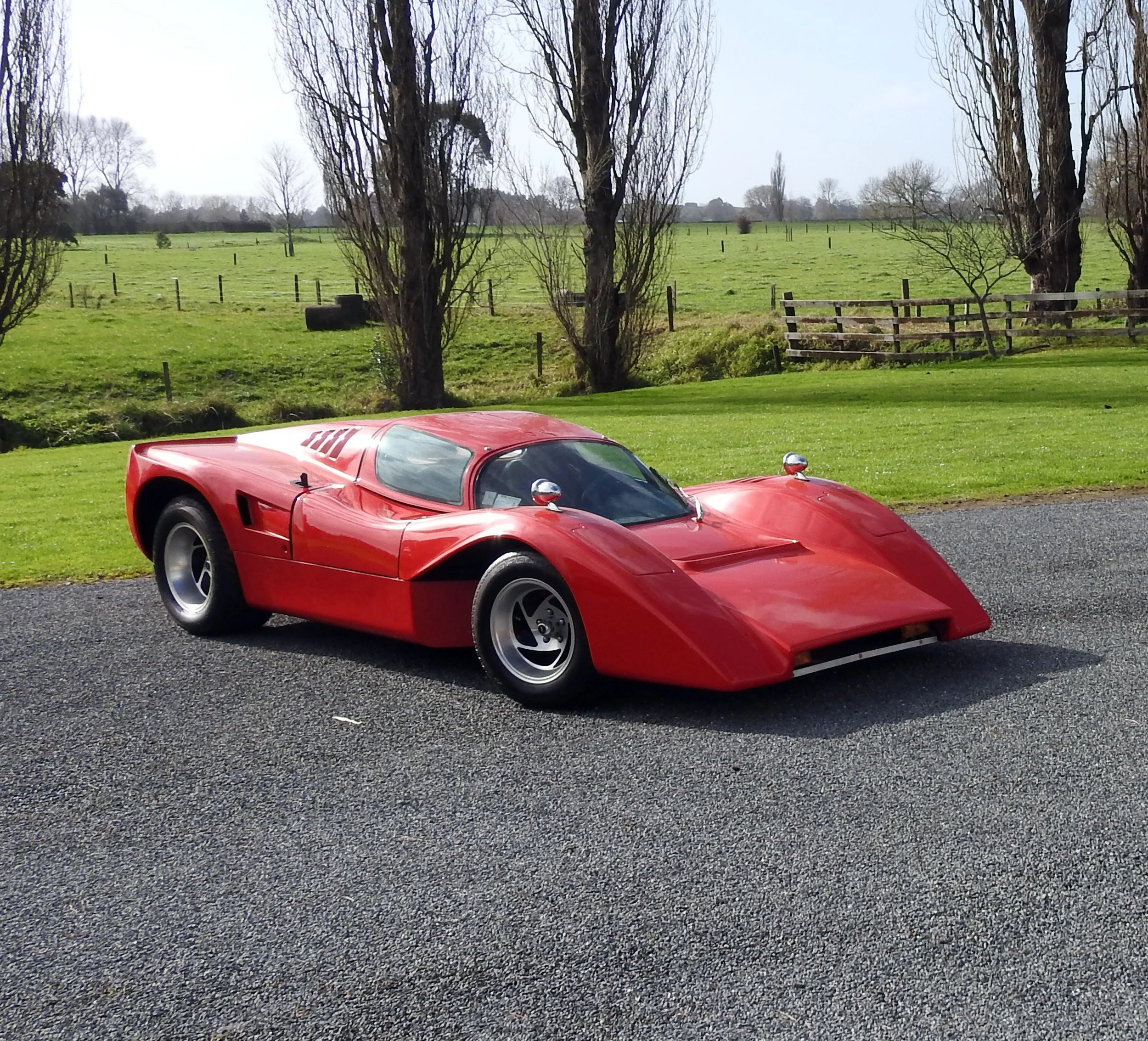This month for Star Insurance Marketplace Ben Selby checks out the perception that our European classics are being sold overseas while the cars coming in are American.
In New Zealand, it’s common knowledge that there is borderline obsession with classic Aussie and American cars. With the possible exception of Austins, Hillmans, and Singers, when one thinks of Kiwi motoring of yesteryear, one usually thinks of an HQ Kingswood, a Falcon ute, or even a ’65 283ci Impala parked at the surf club or local pub. We have always had an affinity for big, floaty, spacious chromed ground coverers, and it is very much the same story today.
Don’t think we don’t have a deep passion for European sports cars and saloons, because we do. Many of these have either been bought new, or imported privately by a keen enthusiast determined to realize dream car ownership. However, it’s the motoring metal of Aussie and the US that seems to have the strongest following in New Zealand. Whangamata Beach Hop, anyone?
Talking of the land of the free, we get the feeling that more Americana is coming into New Zealand, while more European rarities are leaving. Thanks to the economic strength of Europe, and possibly even Brexit prompting a growing interest in acquiring collectible classic cars as an investment, the market value of Euro exotica is skyrocketing — and once a car leaves our shores for Europe, it can become very difficult, and somewhat costly, to bring something like it back.
Pedigree attracts a premium
In recent years, many cars sporting a unique history or racing pedigree have left our shores, thanks to international enthusiasts with hefty wallets. Canterbury was once home to an extremely rare Aston Martin DB3S, but, after many years of local enjoyment, it was whisked away to a new home overseas. A rare Plexiglas Ferrari 365 GTB/4 Daytona was also shipped off recently.
So, it does appear that continental classic cars with plenty of provenance are slowly leaving and Americans are arriving. However, Richard Foot, managing director of Retrocar classic car sales in Christchurch, says the number of cars coming in has slowed in recent years and, as a result, values are starting to creep up. Americans are starting to realize that they can’t keep going back to the well of heritage cars on US Highway 50 for ever.
“America has realized they don’t have as big of a supply of American classics any more. Some have been mistreated, crushed, or exported to foreign markets, like New Zealand. As a result, with many Americans wanting to keep their classics in the US, like here, this has pushed the price up for many wanting to import American cars, particularly muscle and trucks,” says Richard.
A few years ago, you could take delivery of an immaculate 1959 C1 Corvette for half the price of one today. Many quarters of society in the States are looking back to happier times and, consequently, heritage cars are coming into focus.
Someone who knows about the preservation of motoring heritage is Jesmond Micallef of Waimak Classic Cars. Jesmond has seen the local classic car market take many turns but doesn’t see a huge change in people’s preference for Australian or American iron over European exotica. He says our appreciation of boulevard cruisers and V8 utes has always been there.
Alternative investment
“My view is that both the American and the Britishand European car communities are strong in New Zealand. Although I can’t tell you which is bigger, I think the American scene is possibly more organized or more united, so they could be more visible out there, doing their bit in the community. Plus, of course, it's generational, and a younger audience prefers V8s to, say, old Austins and that sort of thing. There is also the matter of money. Big cats like Jaguars, Ferraris, etc. are desirable but also more expensive and so attract a more select international audience, which is why many of these cars end up leaving the country,” Jesmond explains.
In this day and age, thanks to climate change and the relentless war on anything to do with our motoring past, it is getting more and more difficult to enjoy our greatest hobby, regardless of the camp at which you hang your hat.
“All good quality classic and vintage vehicles should be considered as an alternative investment to stocks and property; or as tangible assets that one can see, admire, and enjoy. In this day and age, they’re definitely better than money in the bank and, dare I say it, most other investments, save perhaps property,” says Jesmond.
While auction houses such as Sothebys, Coys, and even Barrett-Jackson would happily find new homes for our rarest and most collectible classic cars, regardless of country of origin, it would be a crying shame for us to be cleaned out of interesting classic cars entirely.
“I think we all want a future for our cars in this country; otherwise they’ll all end up overseas and, once that happens, they’re gone, and we’ll never get them back,” says Jesmond.
One cannot really argue with that.














